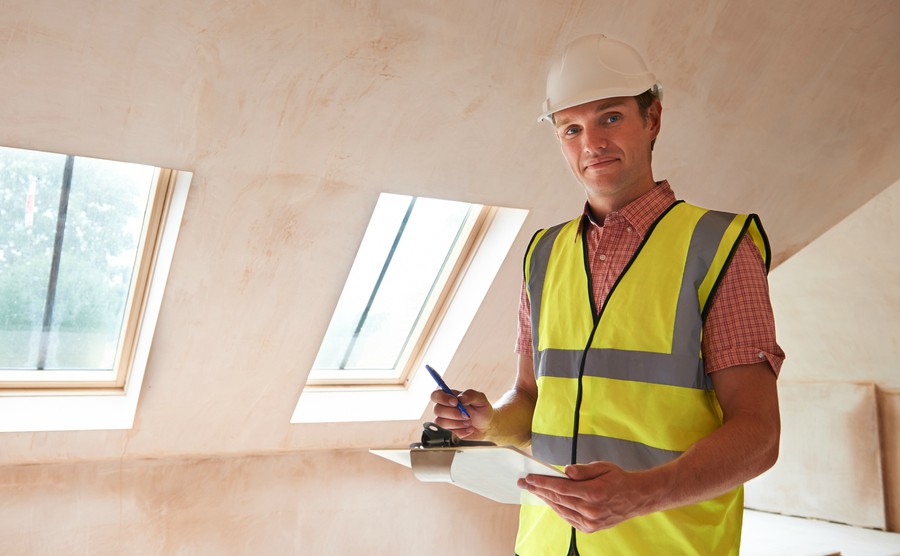Buying a home overseas is one of the biggest purchases most of us will ever make. At a time when you’re spending a considerable sum of money, forking out for a building survey – which isn’t mandatory in the UK – might seem like another expense you could do without.
Don’t cut corners; it’s in your best interests to be aware of any issues prior to purchasing a property. A building survey will enable you to make informed decisions about how much you should pay for the property, and budget for repairs if necessary. It may also leave you in a position to use the resulting data to negotiate a lower price with the vendor, or ask them to fix any problems.
If that doesn’t sound like a compelling enough argument to have a survey conducted, throw in the fact they’re extremely well-regulated and of a high standard in the UK and your mind should be made up.
A building survey’s are extremely well-regulated and of a high standard in the UK.
Royal Institute of Chartered Surveyors (RICS)
Ensure the building surveyor you choose is RICS accredited. RICS is a professional body for chartered surveyors, including chartered building surveyors. They set the standards and guidance for surveyors and provide training and ongoing professional development opportunities for their members. By doing so surveyors are able to comply with changing standards and legislation. Head to the RICS website to find a qualified surveyor in the area you’re looking to buy.

A building survey is an essential element of the property buying process.
Types of house survey
There are three levels of RICS survey.
Condition Report
Typically conducted on conventional and newer homes. A traffic light rating system is used to clearly identify any legal problems and issues with the property itself. This is the cheapest survey type.
HomeBuyer Report
This falls into two categories:
• HomeBuyer Report (survey) – in addition to the provisions of the condition report, guidance is provided around potential problems with the property and any maintenance that’s required.
• HomeBuyer Report (survey & valuation) – in addition to the provisions of the condition report, guidance is provided around potential problems with the property that could impact its price and any maintenance that’s required.
Building Survey
This is a must for larger or older properties and properties undergoing a significant amount of work. It provides a comprehensive review of the state of the property, together with guidance around any issues and maintenance.
So your survey throws up an issue with the property, but not a deal breaker. What now? Download our new guide, How to Negotiate Abroad, to work out your strategy for getting the property price reduced.
House survey costs
The cost of your survey will be influenced by the location, size and type of property. Make sure you get a few quotes before choosing who to employ. A HomeBuyer report starts at around £350 for a property valued under £100,000 and can cost up to around £950 for properties over £500,000. A building survey starts at around £500 for a property valued under £100,000 and can cost up to around £1,300 for properties over £500,000.
Jargon busting
If you’re not a builder, architect or surveyor, click here for a help understanding the often complicated jargon your building survey will return.









